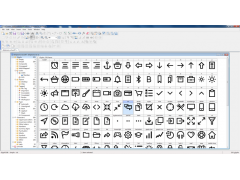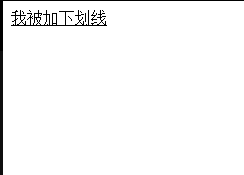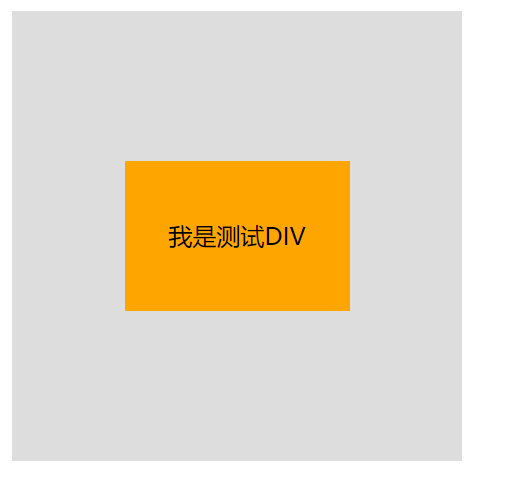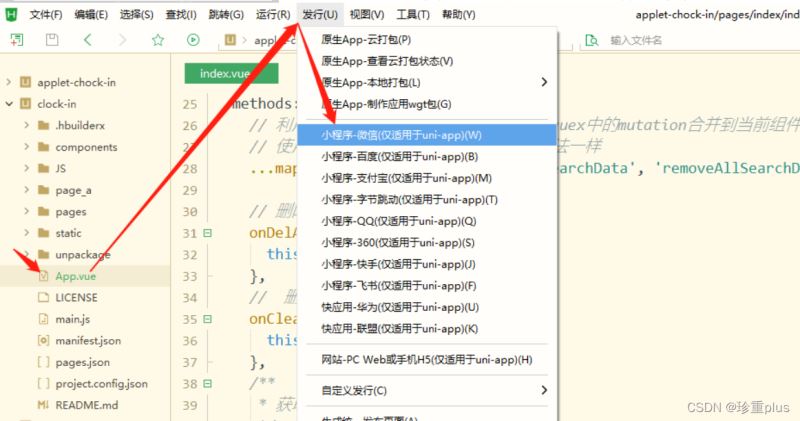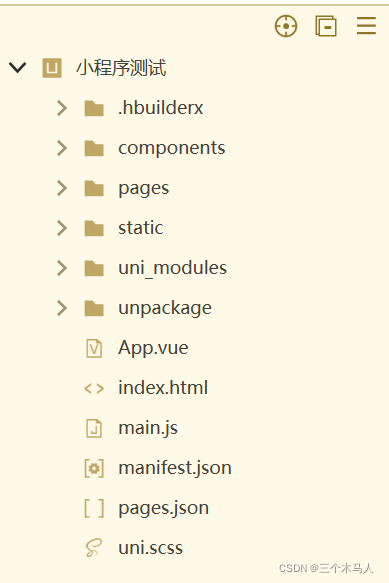Bootstrap是一种流行的前端框架,具有易于使用、易于个性化定制以及具有响应式布局等特点。其中,尤其值得注意的是Bootstrap的一系列CSS组件,它们以通用的方式实现了诸如搜索框、导航条、模态框等常见的UI组件,提高了开发效率和页面质量。
Bootstrap是一种流行的前端框架,具有易于使用、易于个性化定制以及具有响应式布局等特点。其中,尤其值得注意的是Bootstrap的一系列CSS组件,它们以通用的方式实现了诸如搜索框、导航条、模态框等常见的UI组件,提高了开发效率和页面质量。
本文将继续讲解Bootstrap的CSS组件,分类介绍其中的风格、用法和注意点。其中,将排版、图标、按钮和表格四部分分别进行介绍。
1. 排版
Bootstrap的排版组件通常是由一些基本的HTML标签和CSS样式组成,通过调整字体、字重、颜色等元素实现自定义的排版效果。
1.1 字体
Bootstrap提供了一套主题字体库,如果不想使用默认的”Helvetica Neue”、“Arial”等字体,可以直接使用这些字体库中的字体。
<!-- 使用主题字体库中的字体 -->
<link href="//cdn.bootcss.com/bootstrap/3.3.1/css/bootstrap-theme.min.css" rel="stylesheet">
1.2 颜色
Bootstrap提供了一套颜色主题库,与上述字体库类似,可以通过调用<style>标签来引入不同的颜色主题。
<!-- 调用不同的颜色主题 -->
<link href="//cdn.bootcss.com/bootstrap/3.3.1/css/bootstrap-theme.min.css" rel="stylesheet">
1.3 前缀
通过使用Bootstrap的前缀类(Prefix Class),可以对已有的HTML标签进行修饰,达到更好的排版效果。
<!-- 使用前缀类修饰HTML标签 -->
<p class="text-primary">文本内容</p>
2. 图标
Bootstrap提供了一些应用广泛的图标字体库,其中包括FontAwesome、Glyphicon、IconFont等。通过调用不同的字体库,可以实现不同的图标。
<!-- 调用FontAwesome字体库 -->
<link href="//cdn.bootcss.com/font-awesome/4.0.3/css/font-awesome.min.css" rel="stylesheet">
<!-- 使用FontAwesome的图标 -->
<i class="fa fa-user"></i>
3. 按钮
Bootstrap中的按钮组件非常常见,这里将对按钮的分类、大小、状态等多个方面进行介绍。
3.1 分类
在Bootstrap中,按钮可以分为多种类型,包括默认按钮、链接按钮、块级按钮等。
<!-- 不同类型的按钮 -->
<button class="btn btn-default">默认按钮</button>
<a class="btn btn-primary" href="#">链接按钮</a>
<button class="btn btn-default btn-block">块级按钮</button>
3.2 大小
另外,Bootstrap也提供多种按钮大小,通过不同的类名实现。默认按钮大小(btn-default)的高度为34px,小按钮(btn-xs)高度为24px,大按钮(btn-lg)高度为44px。
<!-- 不同大小的按钮 -->
<button class="btn btn-default btn-lg">大按钮</button>
<button class="btn btn-default">默认按钮</button>
<button class="btn btn-default btn-xs">小按钮</button>
3.3 状态
Bootstrap的按钮还提供了多种状态,包括禁用(disabled)、激活(active)等。
<!-- 激活和禁用状态 -->
<button class="btn btn-success active">激活状态</button>
<button class="btn btn-danger" disabled>禁用状态</button>
4. 表格
最后,Bootstrap的表格组件也非常常用,这里将对表格的基本结构、样式、响应式等几个方面进行介绍。
4.1 基本结构
Bootstrap的表格的基本HTML结构如下,其中thead和tbody分别表示表头和表格主体。
<!-- 基本表格结构 -->
<table class="table">
<thead>
<tr>
<th>编号</th>
<th>姓名</th>
<th>年龄</th>
</tr>
</thead>
<tbody>
<tr>
<td>001</td>
<td>张三</td>
<td>20</td>
</tr>
<tr>
<td>002</td>
<td>李四</td>
<td>21</td>
</tr>
<tr>
<td>003</td>
<td>王五</td>
<td>22</td>
</tr>
</tbody>
</table>
4.2 样式
对于表格样式,Bootstrap提供了多种属性,用来控制边框、字体、背景等属性。
<!-- 表格样式属性 -->
<table class="table table-striped">
<thead>
<tr>
<th>编号</th>
<th>姓名</th>
<th>年龄</th>
</tr>
</thead>
<tbody>
<tr>
<td>001</td>
<td>张三</td>
<td>20</td>
</tr>
<tr>
<td>002</td>
<td>李四</td>
<td>21</td>
</tr>
<tr>
<td>003</td>
<td>王五</td>
<td>22</td>
</tr>
</tbody>
</table>
4.3 响应式
对于移动端的响应式布局,Bootstrap在表格组件上也提供了相应的解决方案,可以通过添加table-responsive类名的方式来实现响应式表格。
<!-- 响应式表格 -->
<div class="table-responsive">
<table class="table">
<thead>
<tr>
<th>编号</th>
<th>姓名</th>
<th>年龄</th>
</tr>
</thead>
<tbody>
<tr>
<td>001</td>
<td>张三</td>
<td>20</td>
</tr>
<tr>
<td>002</td>
<td>李四</td>
<td>21</td>
</tr>
<tr>
<td>003</td>
<td>王五</td>
<td>22</td>
</tr>
</tbody>
</table>
</div>
以上就是本文介绍的Bootstrap的CSS组件部分,包括排版、图标、按钮和表格四个方面。希望对Bootstrap的学习和使用有所帮助。
本文标题为:Bootstrap学习笔记之css组件(3)


基础教程推荐
- 浅谈Vue2和Vue3的数据响应 2023-10-08
- this[] 指的是什么内容 讨论 2023-11-30
- vue离线环境如何安装脚手架vue-cli 2025-01-19
- js禁止页面刷新与后退的方法 2024-01-08
- JS前端广告拦截实现原理解析 2024-04-22
- 关于文字内容过长,导致文本内容超出html 标签宽度的解决方法之自动换行 2023-10-28
- 浅析canvas元素的html尺寸和css尺寸对元素视觉的影响 2024-04-26
- Ajax实现动态加载数据 2023-02-01
- 基于Vue制作组织架构树组件 2024-04-08
- CSS3的几个标签速记(推荐) 2024-04-07








